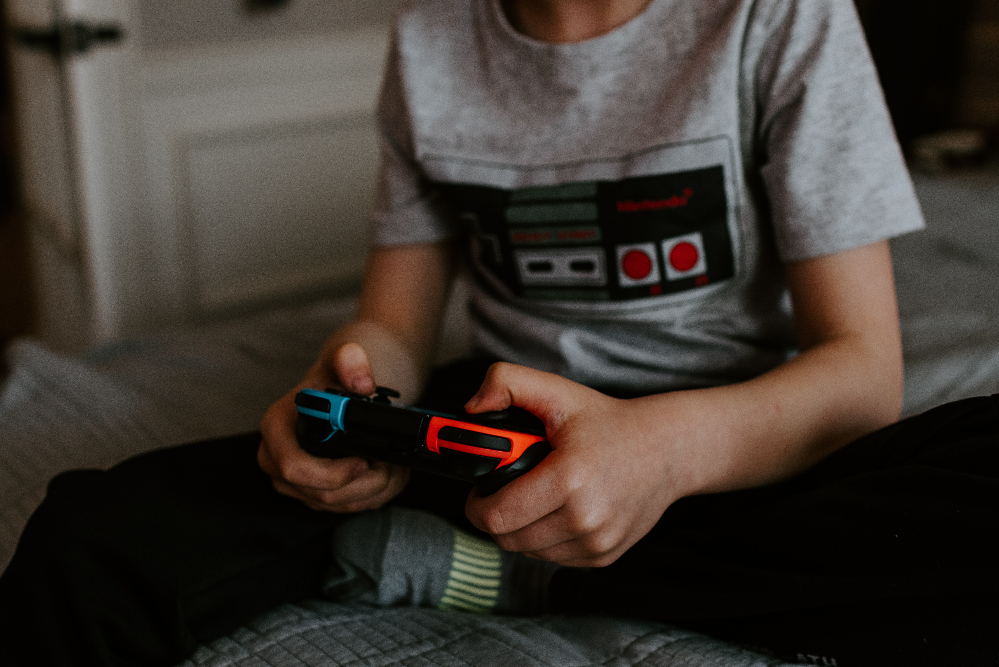
GambleAware, the UK’s top gambling addiction charity, is calling on the government to institute much tighter controls on children’s access to video game loot boxes. The call comes in the wake of the Department for Digital, Culture, Media and Sport’s (DCMS) recent announcement that loot boxes would not be part of the ongoing review of UK gambling rules and regulations.
Loot boxes have been a contentious issue for anti-gambling advocates because, in their view, they are merely games of chance that can be easily accessed by children, and create a generation of problem gamblers. GambleAware, and other advocacy groups, have successfully lobbied regulators to institute some parental controls on loot boxes, but are calling for much tighter regulation.
In a recent posting on BeGambleAware.com, the organization pointed out the alleged dangers of loot boxes to children saying, “Research has shown that loot boxes are psychologically akin to gambling, and therefore more adequate protection would help to prevent future gambling related harms.”
UK researchers have found that 40 percent of UK children play video games, which leaves them vulnerable to loot boxes and the pathway to problem gambling. “Gambling is a part of children and young people’s daily lives, and children are thought to be more vulnerable to gambling harm, both as a result of someone else’s gambling and their own participation. There are around 55,000 children experiencing gambling harms aged between 11 to 16 in the UK, according to the National Audit Office, with a further 85,000 estimated to be at risk and we believe more needs to be done to prevent harm among children and young people,” a spokesperson for the organization said recently.
The DCMS is publishing their own report on video game policy, Video Games Research Framework, in October.